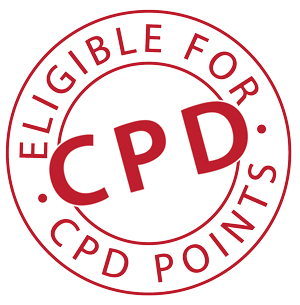
Matjaz Kunaver
National Institute of chemistry, Ljubljana, Slovenia
Biography
Assoc.prof.dr. Matjaz Kunaver finished his MSc at the University of Leeds UK in 1991 and has received his PhD degree in 1998 at the University of Leeds UK. He is a senior scientist – researcher at the National Institute of Chemistry, Department for Polymer Chemistry and Technology, Ljubljana, Slovenia and assoc. professor at the University of Ljubljana and Polymer Technology faculty. His main fields of research are the utilization of biomass as a feedstock for polymer synthesis, energy production and nowadays isolation of nanocellulose with new effective methods. He has published more than 56 original scientific papers and 6 patents. He is a member of editorial board of several scientific journals.
Abstract
Waste is a world alarming problem and agricultural and forestry account for ca. 30% of the overall waste produced. The project BIOECO R.D.I. focuses on the idea of the use of biomass from agricultural fisheries and forestry waste and residues with the purpose to raise the green reconversion, multi-functioning, technology innovation, cross-sectoral integration. The project SWOT analysis has identified the main weaknesses affecting enterprises competitiveness in the Adriatic Sea region. All regions have some sort of biomass which could present the opportunity for the region to develop bioeconomy. While the most developed bioeconomy region (Italy) has the biggest potential in agriculture biomass, the rest of regions have more problems with utilization of biomass from agriculture. The reasons vary from legislation limitations to lack of technology to political stand about using fertile land for biomass. One big opportunity is also a biorefinery which is not available in any of the named regions. The problem present in all regions is a transfer of this knowledge from research institutions to industry and integration of solutions to industry. The clusters which could be the catalysts for such cooperation and research driven innovation, are rear in this country. Some countries are trying to adopt the circular change concept, but without bioeconomy that is almost impossible.
Case study: Nanocrystalline cellulose from laboratory to pilot plant production
Method for preparation of NCC by acid hydrolysis in ethylene glycol is a model procedure for NCC isolation from different natural cellulosic sources such as biomass with high yields and products with high crystallinity index. The main advantage of this method is that NCC is in a form of a suspension in organic solvent or water, suitable for further derivatization and functionalization. The process has been transferred to pilot plant production with the capacity of 15 kg of nanocelulose per day. The yields are higher than 45 %, the energy consumption is lower than in the similar processes and the CO2 emissions less than 20% according to the LCA analysis
